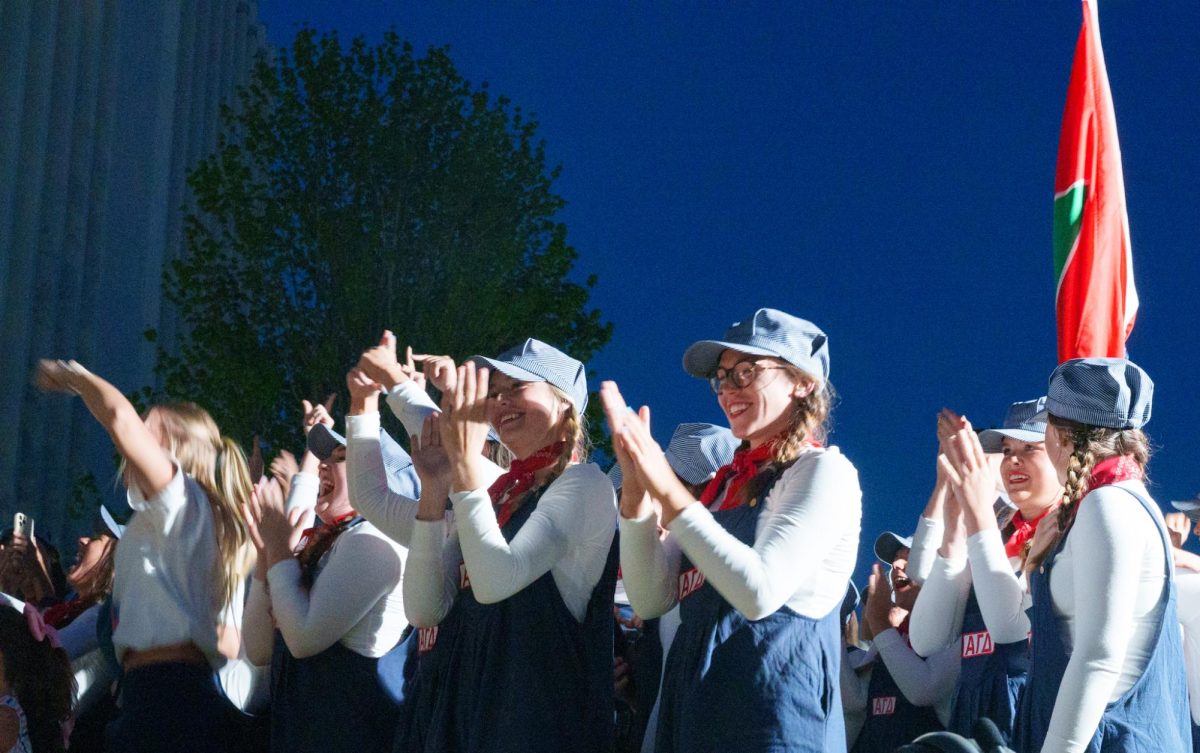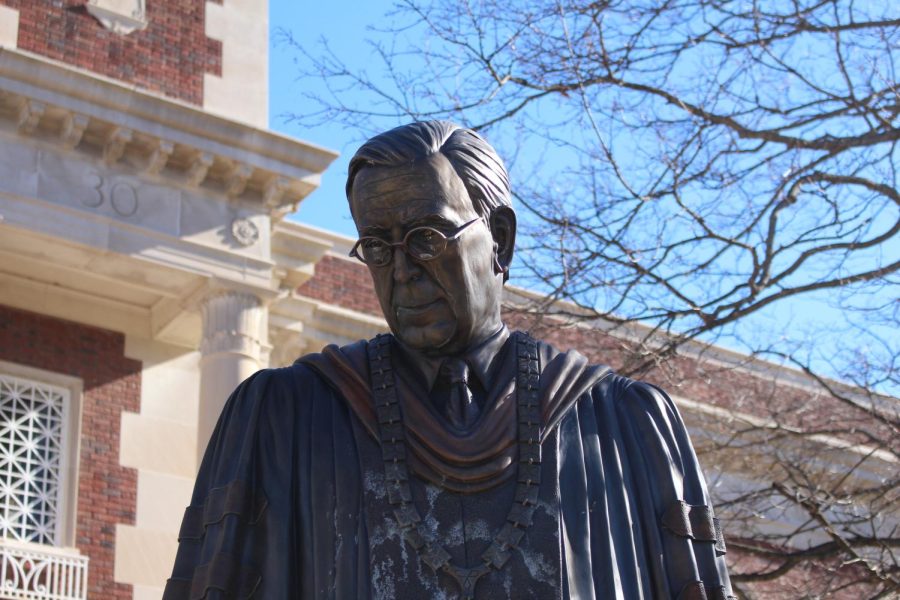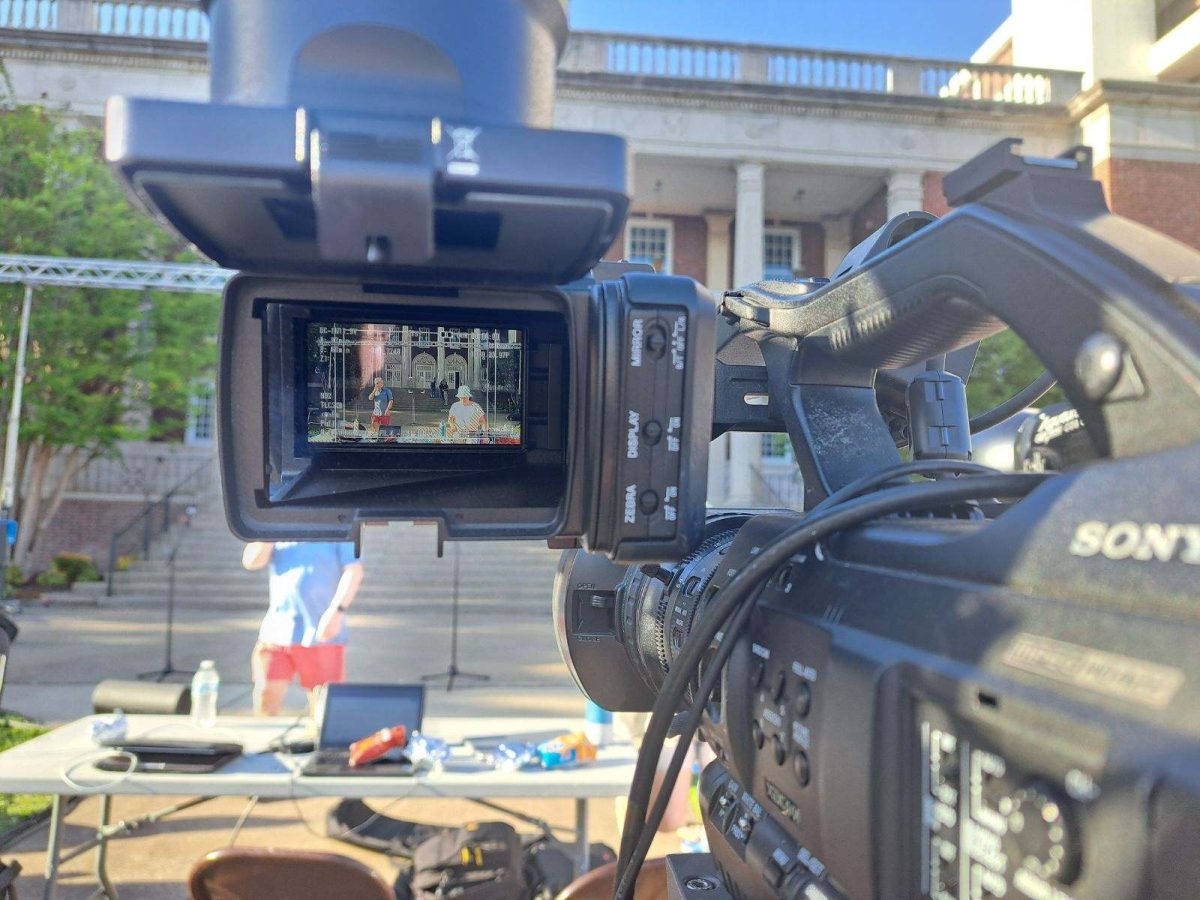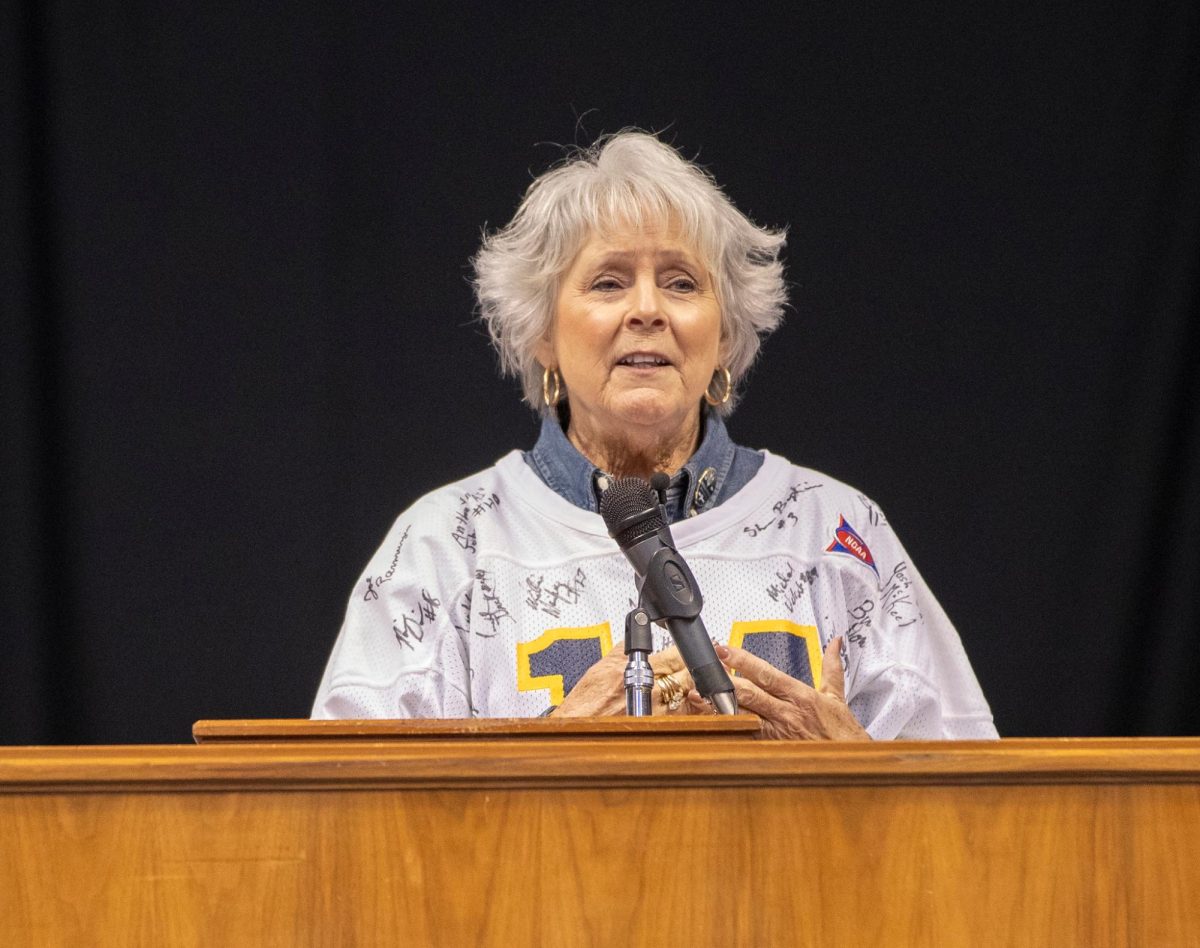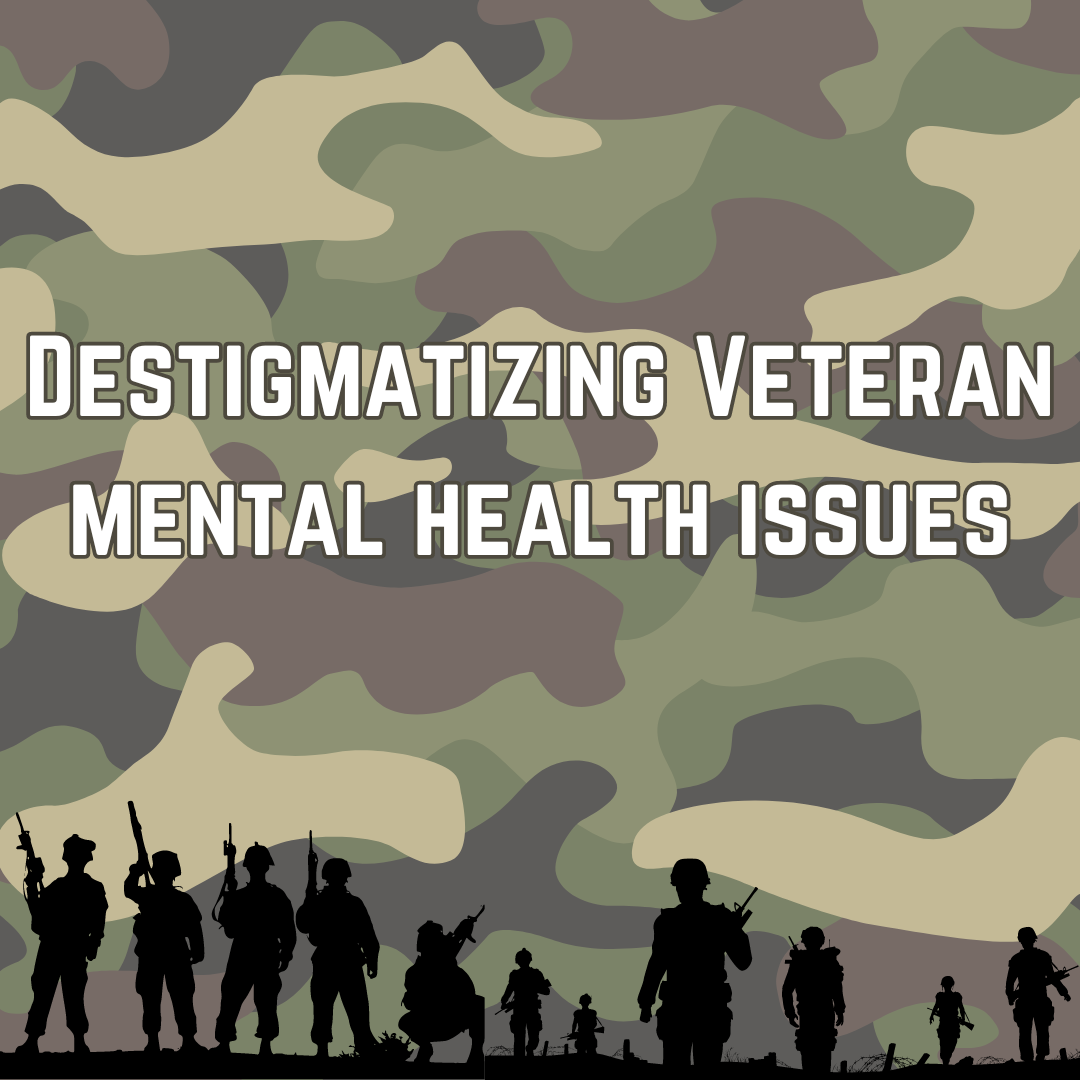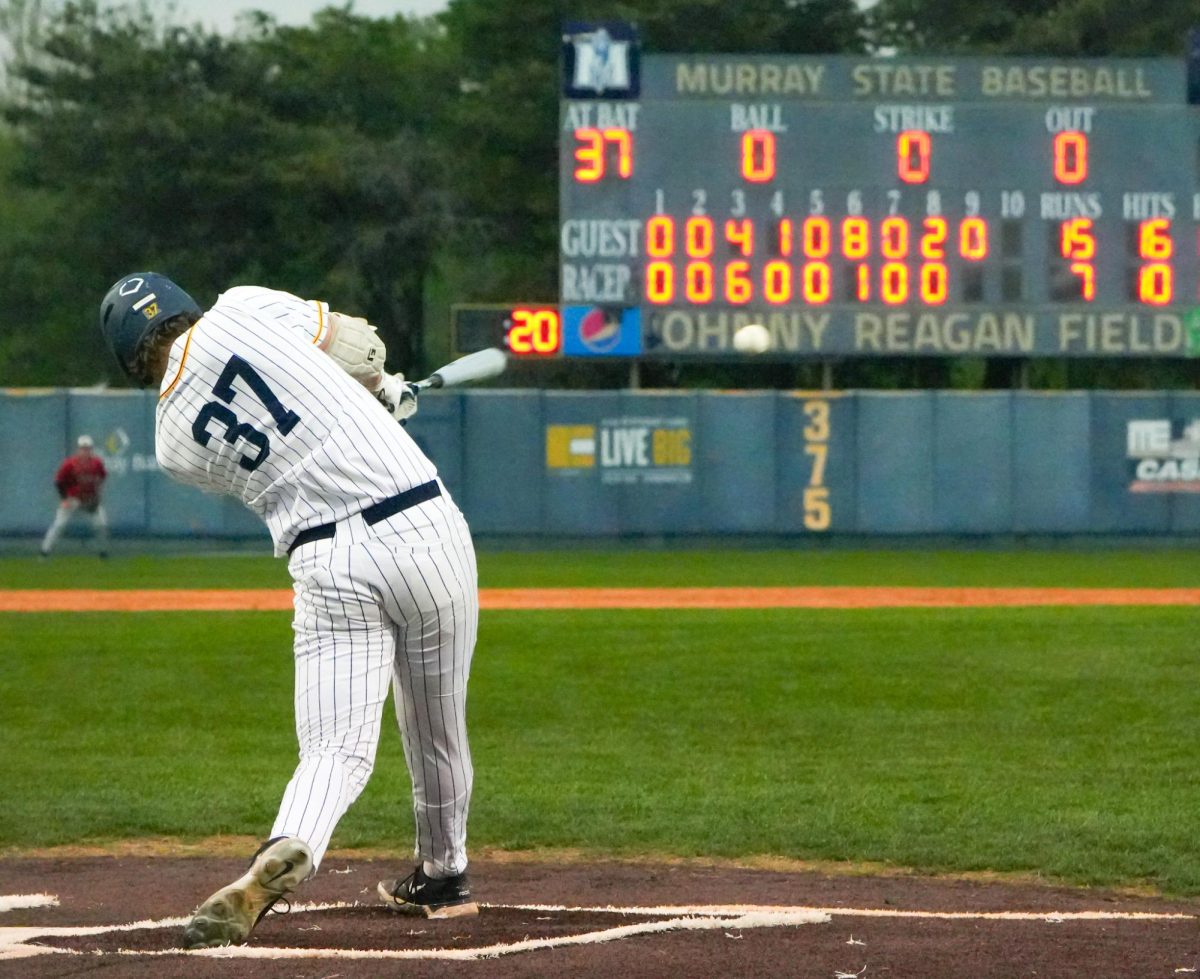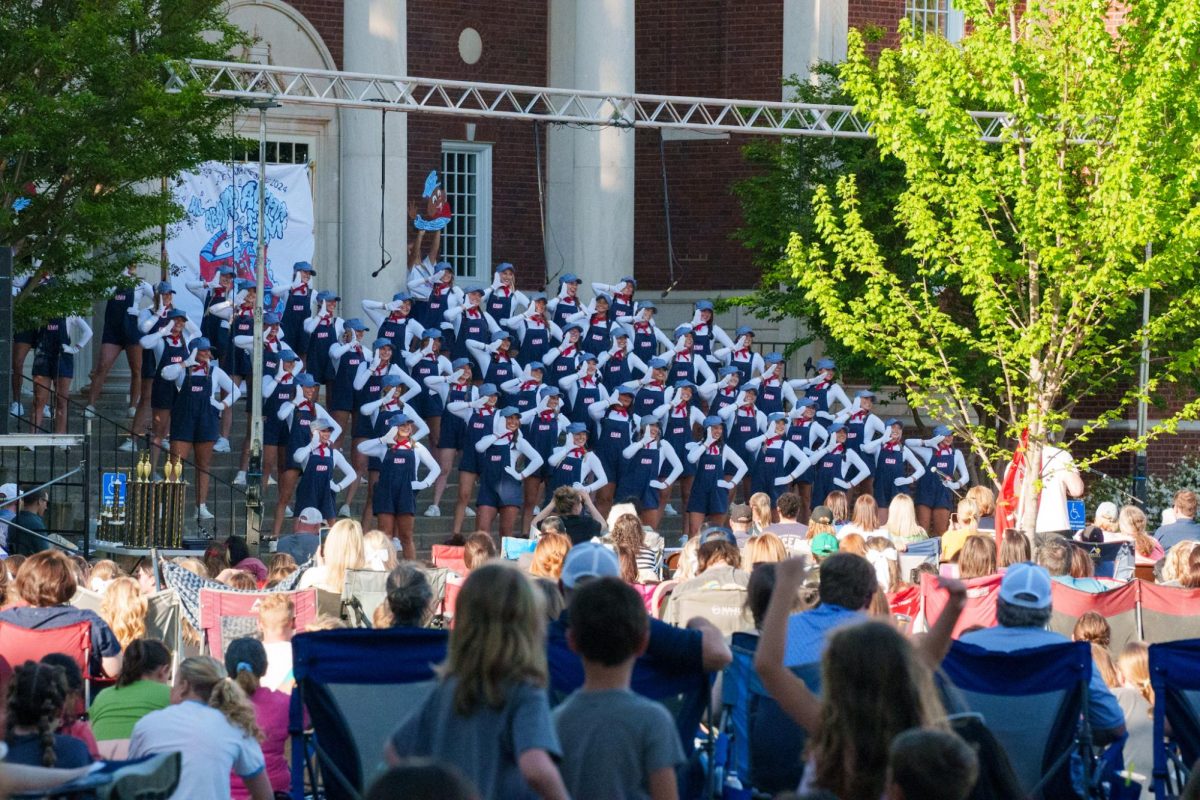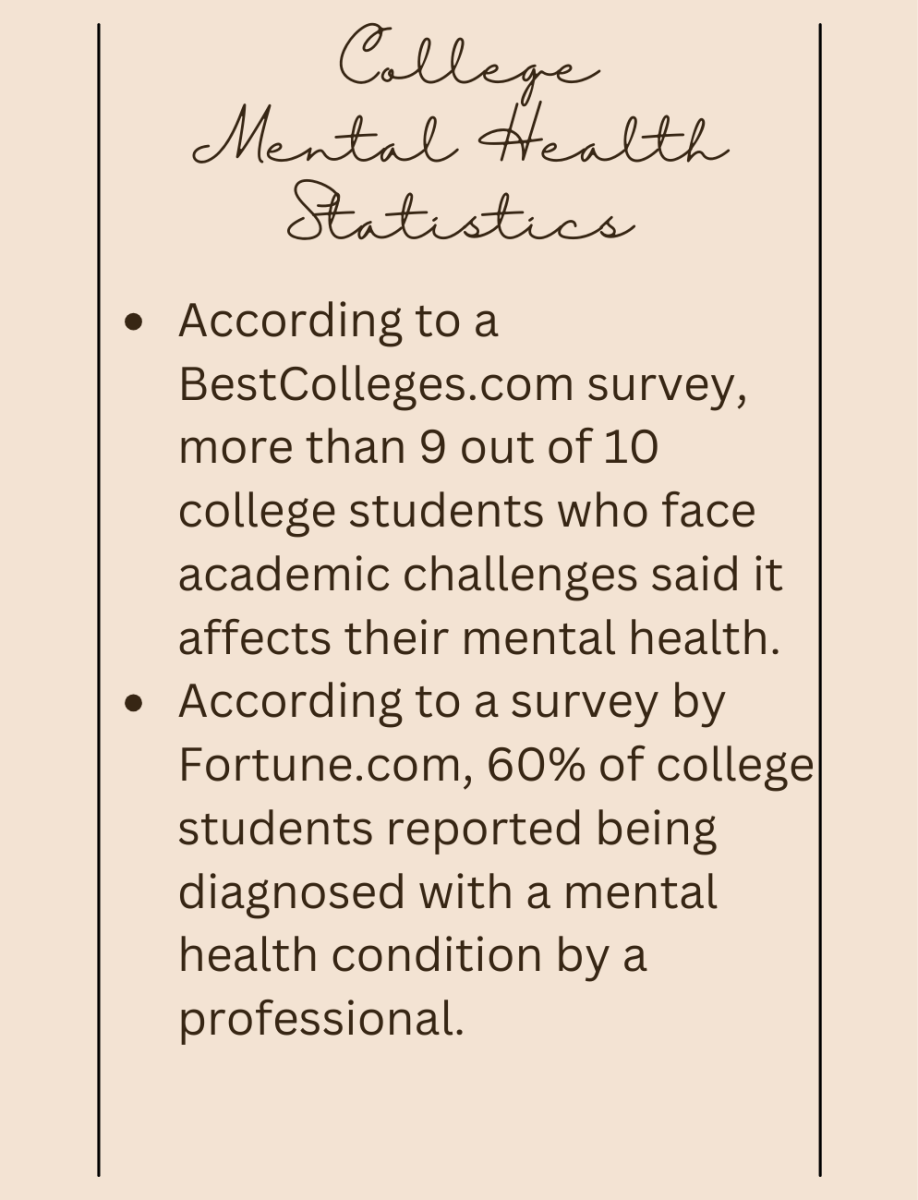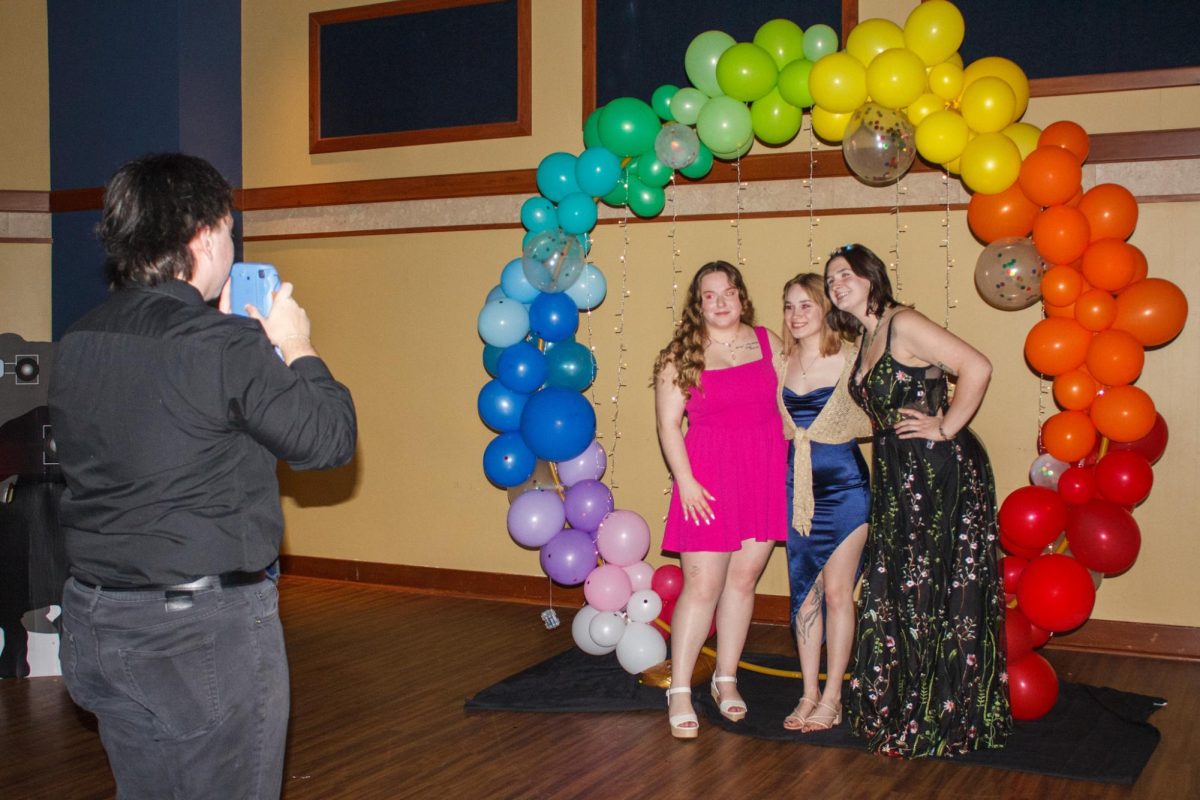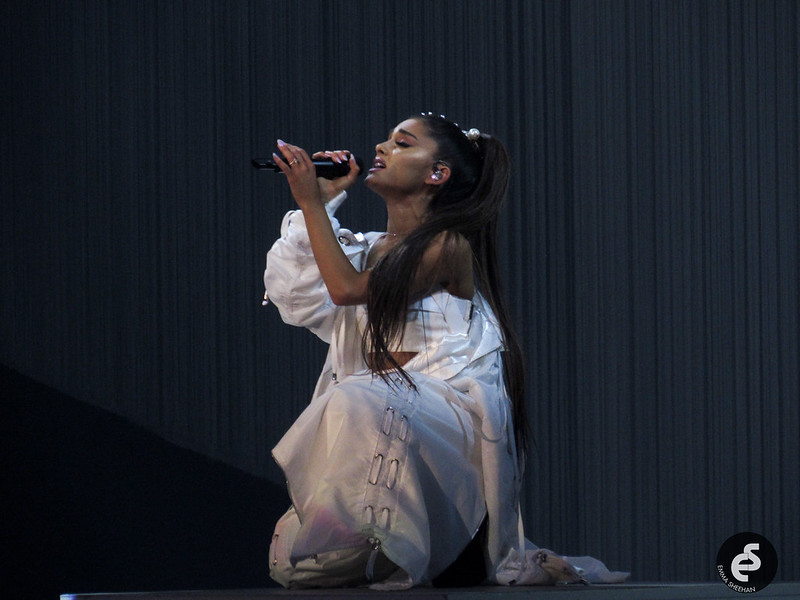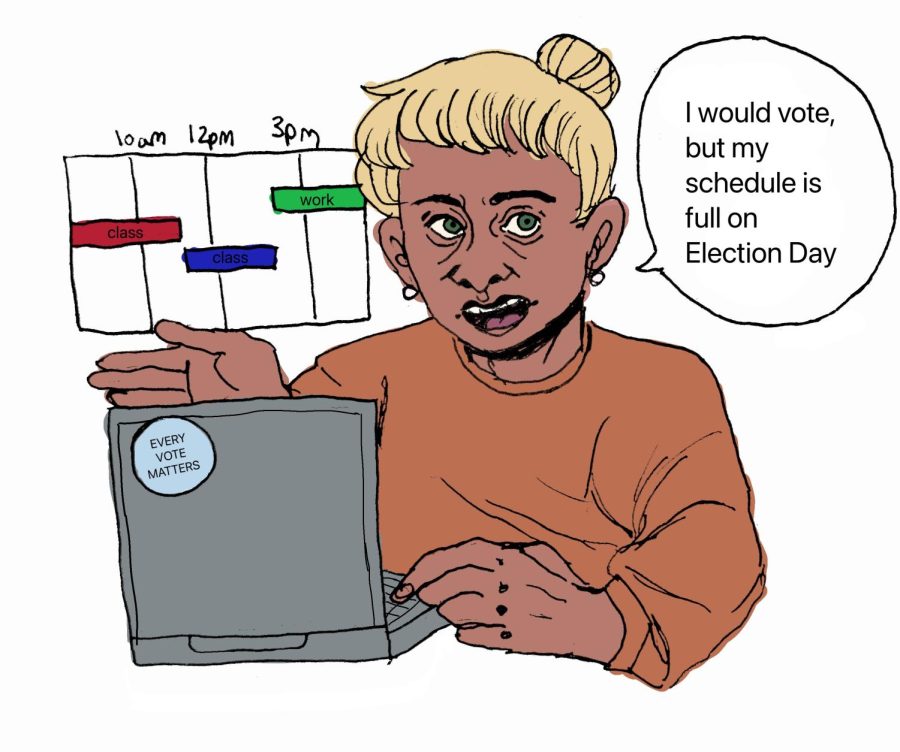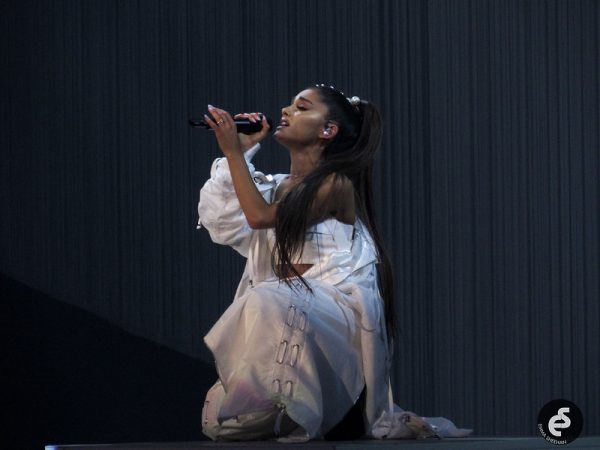Our view: Election Day should be considered a holiday
October 26, 2022
Citizens from across the country will be going to the polls on Nov. 8 to vote on candidates running for their state senate and U.S. Senate, state representative and U.S. Representative, state Supreme Court justice and several other positions. Especially when it comes to this election, voting is crucial to ensure the candidates and policies we support will have a better chance of being elected and passed.
Despite the importance of this election, many people will never make it to the polls because they won’t receive the day off from work or school. Being able to have the day off—or even half a day—would provide the opportunity for more people to vote.
While many people don’t have work or school all day long, many of them have obligations such as childcare, extracurricular activities or others that may keep them from voting. One of the biggest problems with not receiving the day off is many people need to travel to vote, especially college students.
Most have to travel home to their permanent addresses where they are registered to vote. Having the day off would be incredibly important in ensuring everyone has an equal opportunity to travel to their precinct and vote.
Although not having Election Day off is not a direct tactic to suppress votes, it can certainly have that effect. Having your ability to vote be limited can cause feelings of negativity toward government officials creating these policies.
Another voter suppression tactic was an action by the Supreme Court in 2013. The Court struck down as unconstitutional a formula at the heart of the Voting Rights Act of 1965. This section required certain areas with a history of voter discrimination to first approve changes with the federal government. The biggest facet of the Voting Rights Act was to ensure discriminatory voting policies were blocked—now, they can only be blocked after harming voters.
This ruling changed the way discriminated voters were treated when it came to voting. These groups now have to prove they are being discriminated against. Because of this, a new law emerged in North Carolina, disenfranchising Black voters.
The law required residents to show identification before casting a ballot, eliminated same-day voter registration, eliminated seven days of early voting and put an end to out-of-precinct voting. While showing ID is not extreme when it comes to voting, the other measures taken to suppress voters could change the trajectory of the election.
While the North Carolina law was initially struck down by a federal appeals court, other suppressive measures are still allowed based on the ruling in the Voting Rights Act. Polling place closures became common, with 1,688 polling locations closed between 2012 and 2018.
The closure of polling locations fails us when it comes to making sure people have equal access to voting. When people are already struggling to make it to local polling locations, it becomes increasingly difficult when those locations are removed.
Any barriers that keep someone from voting should be removed immediately. One of the most important measures we can take as voters is to attempt to reduce voter suppression tactics. Although we should all do our part to vote in elections, we should also make sure everyone has equal access to voting in their local communities.
Disenfranchising large numbers of voters only leads to a lack of voting and a lack of political involvement. The less barriers to exist, the more involvement we will see in terms of voting, support for policies and becoming civically educated.


